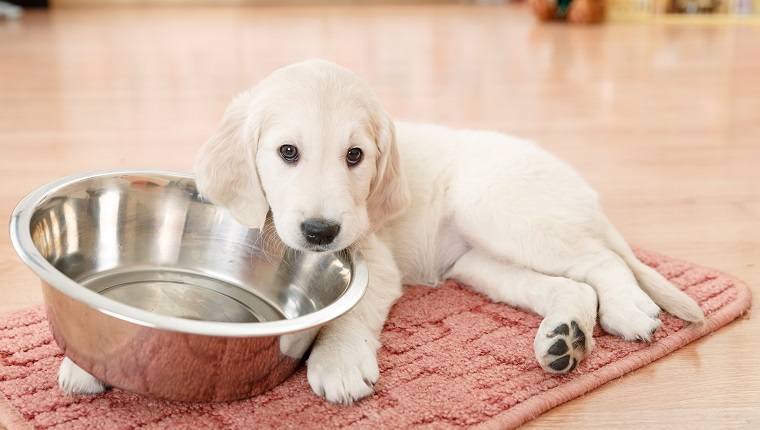Adopting a puppy is a big responsibility, and trying to decide what to feed your new furry family member can be overwhelming. There are so many choices of puppy food that you may break down in the middle of the pet food aisle in frustration.
Well, don’t worry, I did the puppy food homework for you! You can just use the list of answers…










